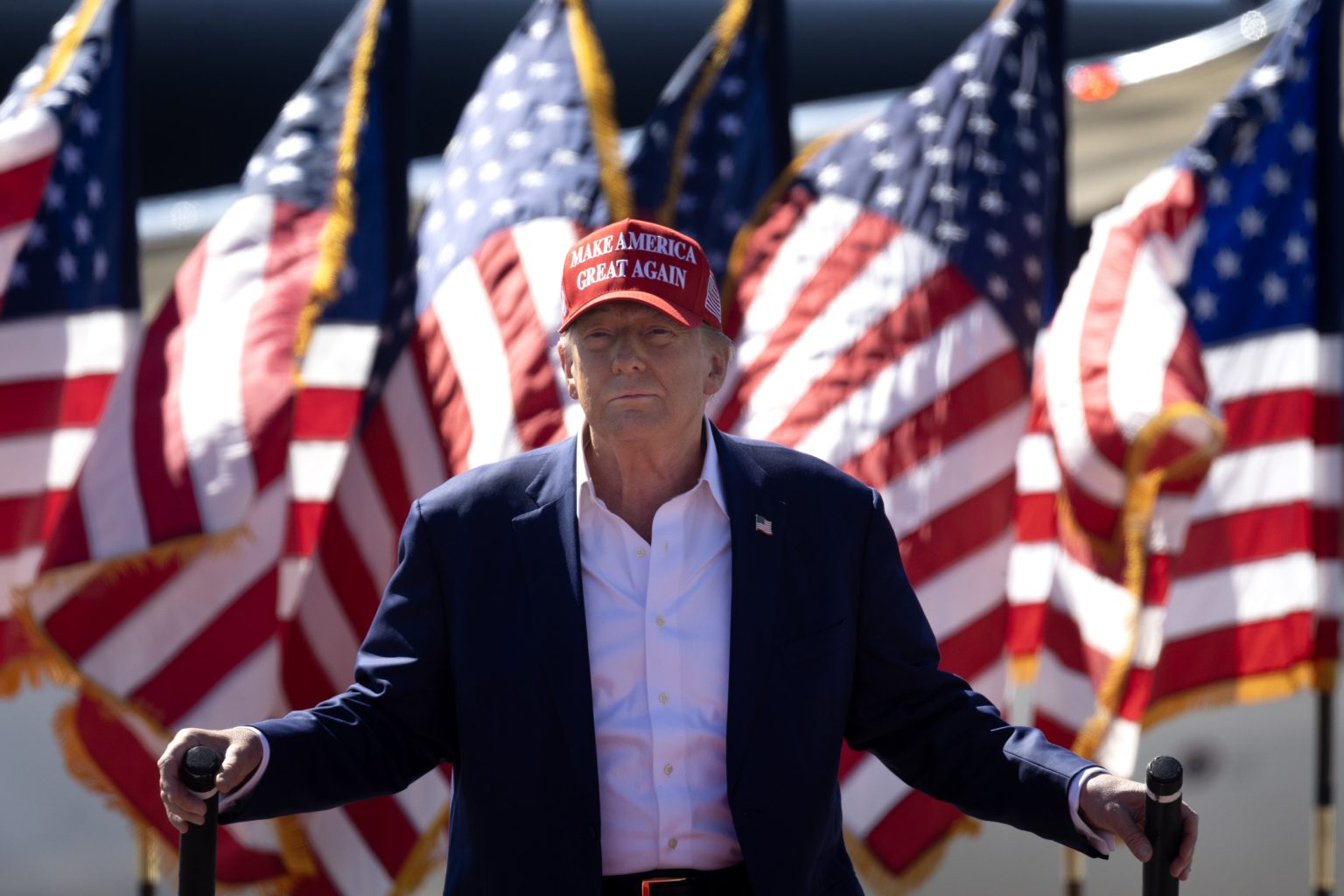Donald Trump’s lawyers are seeking yet another delay in his hush money sentencing, despite the fact that the date has already been pushed back beyond the presidential election. In a petition to the New York Court of Appeals, they argue that the new sentencing date of November 26 would cause “irreparable harm” as they fight to have the case transferred to federal court. They claim that President Trump’s ability to seek appellate review of the district court’s ruling would be harmed if the case proceeded without a stay.
Trump, the Republican presidential nominee, faced trial in New York City on 34 counts of falsifying business records for hush money payments made to Stormy Daniels, a former adult film actor. He was convicted on all 34 counts. The sentencing has been delayed multiple times, with the latest delay granted by Justice Juan Merchan to consider the Supreme Court’s ruling on presidential immunity in Trump v. United States. Trump’s lawyers are requesting additional time to prepare an argument for the appeals court on why the case should be transferred to federal court.
The lawyers argue that only a federal court can properly handle the case following the Supreme Court’s decision granting Trump broad immunity from prosecution. They are concerned about the short gap between Merchan’s ruling on Trump’s immunity and the sentencing for the hush money case, which would limit their ability to seek federal review before the sentencing day. They emphasize the need for a fair and orderly litigation of the Presidential immunity defense in federal court, even if it occurs after the 2024 Presidential election.
The lawyers assert that, due to the Supreme Court’s decision, significant parts of the hush money evidence should not have been included in the case because they violated presidential immunity. They originally petitioned Judge Alvin K. Hellerstein to transfer the case to federal court, but he rejected their request twice. They have now taken their transfer request to the federal appeals court, seeking a resolution that aligns with the significance of the Presidential immunity doctrine and involves the federal government and the public.
If the case is successfully transferred to federal court, it is likely to lead to further delays. Trump’s lawyers continue to argue for the move to ensure a fair process given the complexities of the case and the implications of the Supreme Court’s ruling on presidential immunity. The outcome of this legal battle could have far-reaching consequences, not just for Trump but for the broader interpretation of presidential immunity and its application in cases involving sitting presidents. The delays in sentencing and the ongoing legal challenges highlight the complexity of this case and the stakes involved for all parties.








